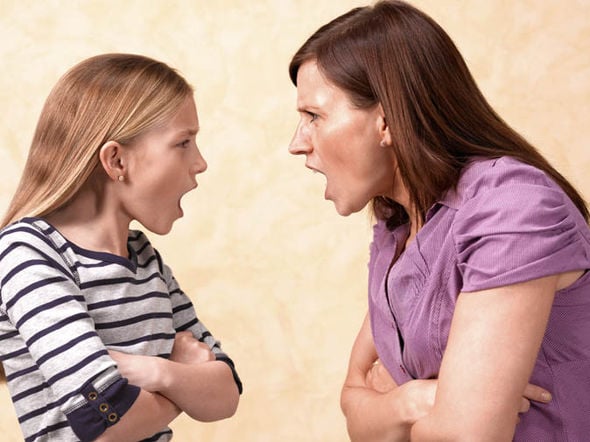‘Underreaction’ Is Your Best Parenting Tool

As parents, we all want to help our children navigate the world with confidence and resilience. We want them to be able to handle setbacks and challenges and to bounce back from difficult experiences. One of the best tools we have for achieving this goal is underreaction.
Underreaction refers to the act of responding to a situation with less emotion or intensity than might be expected. When children experience a setback or challenge, they often look to their parents for guidance and support. If we react with excessive emotion or urgency, we can inadvertently convey to our children that the situation is more dire or difficult than it is. This can lead to feelings of anxiety, helplessness, or overwhelm.
By contrast, underreacting can help to normalize challenging situations and help our children develop a more balanced perspective. When we respond with calmness and equanimity, we model for our children that setbacks are a normal part of life and that they are capable of handling them. This can help to build their confidence and resilience, and can also help them to develop important problem-solving skills.
Of course, underreaction doesn’t mean that we should ignore our children’s struggles or brush them off as unimportant. Rather, it means responding with a measured and thoughtful approach and focusing on solutions rather than problems. For example, if your child comes to you upset about a low grade on a test, you might acknowledge their feelings, but also help them brainstorm ways to improve their performance next time. This approach can help your child feel heard and supported, while also empowering them to take action and make positive changes.
Staff Reporter








